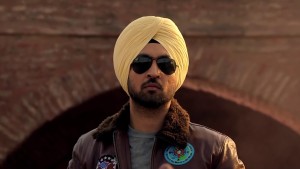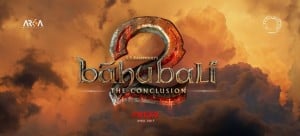An avid reader’s passion for literature is summed up by American novelist, Elizabeth Scott, when she says, “I love books. I love that moment when you open one and sink into it you can escape from the world, into a story that’s way more interesting than yours will ever be.” Even in the age of the Internet, where e-books and reading apps have become the norm, the earthy smell of old books or the fragrance of newly printed ones are irreplaceable. Books transport us to a magical place, where we get to live the lives of the characters, oblivious to the real world we live in. The stories recounted in books are figments of the writers’ imaginations that we are lucky to experience. Indians too have always been brilliant writers, weaving stories not just in English, but also in other different languages. While most books by Indian authors are amazing works of art, there are some that transcend all boundaries and become the best. So, here are 40 books by writers from India that everyone should read.
1. Malgudi Days by R.K Narayan
First published in 1943, R.K. Narayan’s masterpiece depicts the life of people residing in a fictitious town named Malgudi, through 19 short stories. Malgudi Days is an immortal classic, loved by children and adults alike. The book became so popular that it was adapted for the small screen by famous director Shankar Nag for the hit TV serial of the same name.
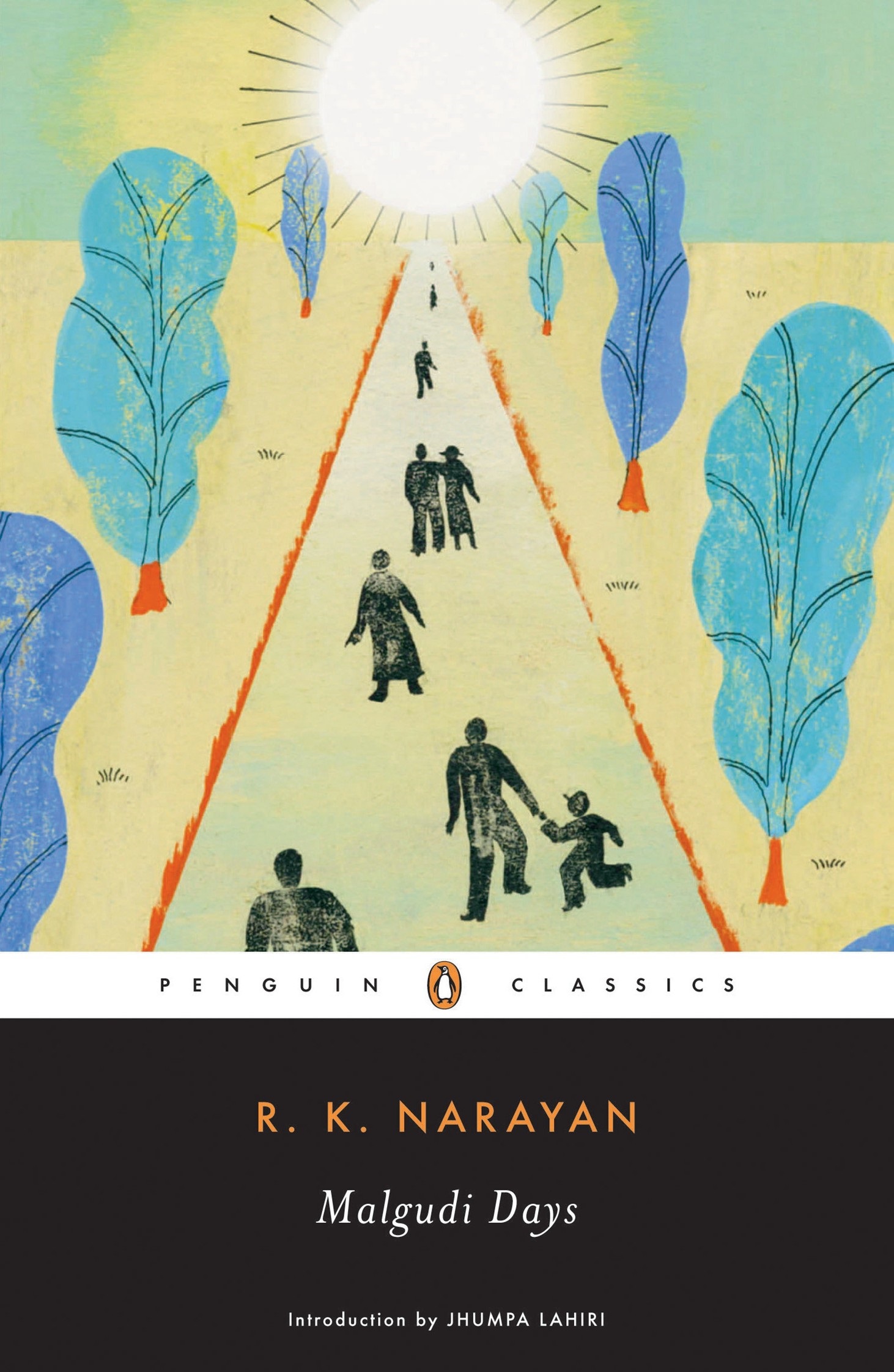
Photo Credit
http://www.penguin.com.au/products/9780143039655/malgudi-days-short-stories-astrologer-s-day-and-lawley-road-and-also-includin
2. The Serpent and the Rope by Raja Rao
Apart from the classic, Kanthapura, this book by Raja Rao, is hailed by many as a masterpiece. Dealing with the quest for spiritual awakening undertaken by an Indian Brahmin boy and his French wife, The Serpent and the Rope is known for its semi-autobiographical elements. This book is a must-read, especially if you are passionate about philosophy.
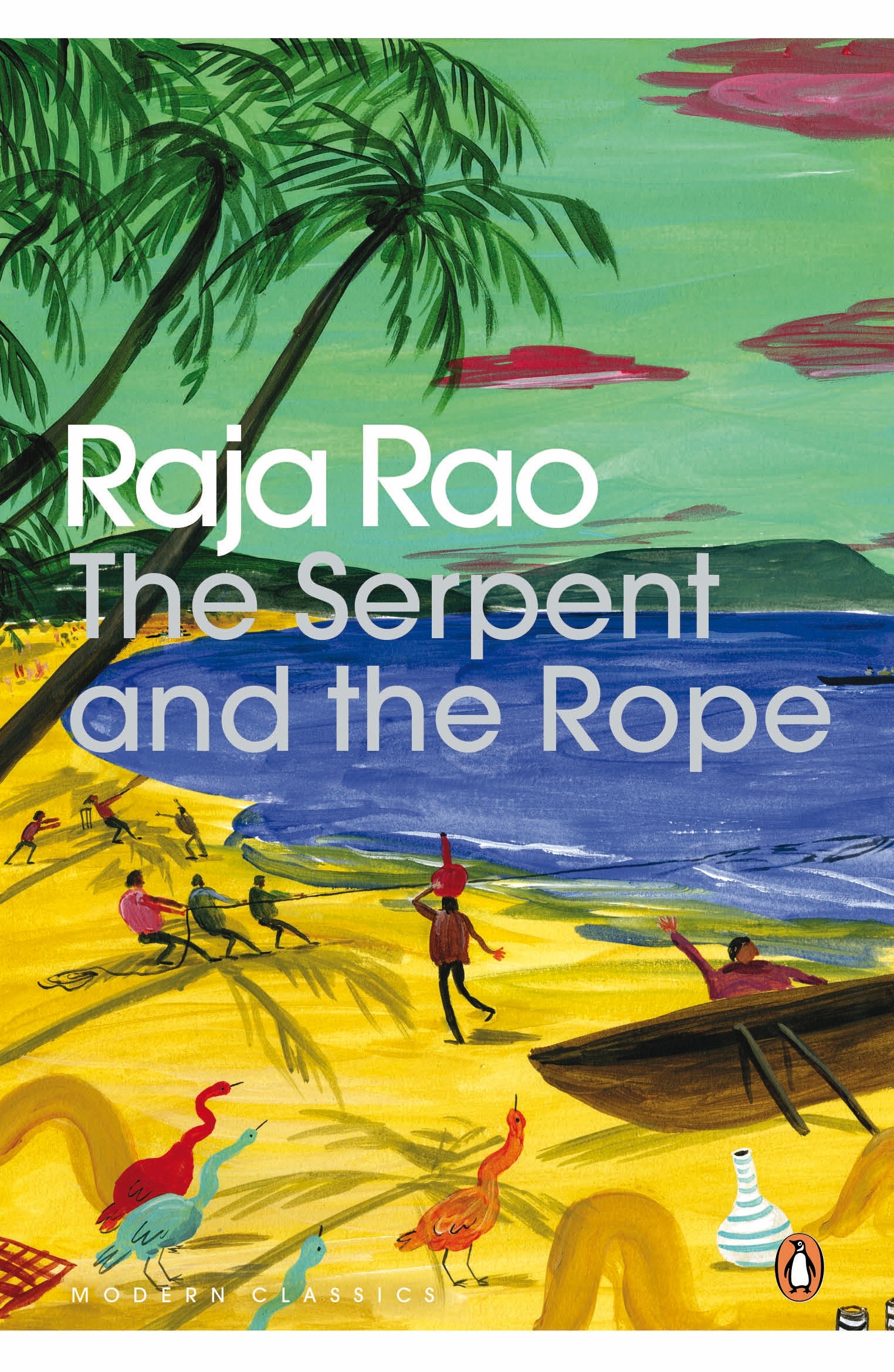
Photo Credit
https://www.penguin.com.au/products/9780143422334/serpent-and-rope
3. The Palace of Illusions by Chitra Banerjee Divakaruni
The Palace of Illusions is an unusual take on the famous Hindu epic, Mahabharata. Though definitely loved by feminists, the book is also a favorite with everyone in general. Impeccable language, and the story entirely narrated from Draupadi’s point of view, makes this book a prized possession for any reader.
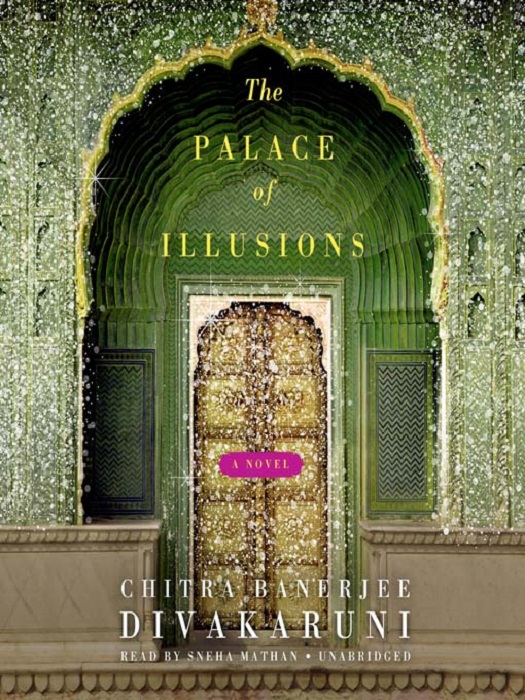
Photo Credit
http://www.ingoodbooks.com/15/the-palace-of-illusions/
4. My Story by Kamala Das
This book is an autobiography penned by the famous poet, Kamala Das. My Story, which was also published in Malayalam as Ente Katha, talks about the writer’s childhood, adolescence, her tumultuous marriage, her sexual escapades, her extra-marital relationships, and her motherhood. What is most striking about this autobiography is that with a few fictional elements thrown in for good measure, the book is authored in the form of a novel and hence makes for an interesting read.
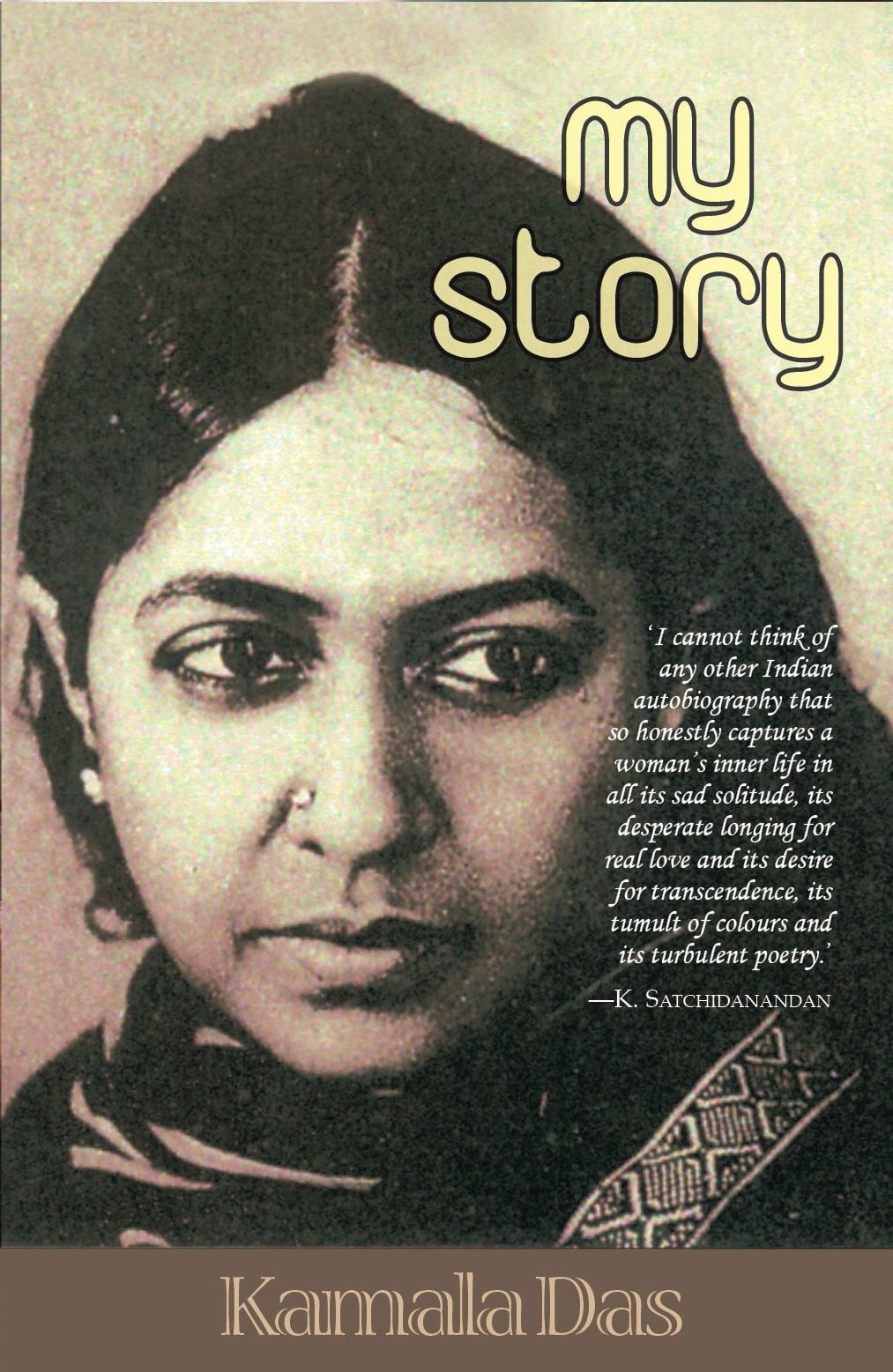
Photo Credit
http://www.harpercollins.co.in/printBookDetail.asp?Submit=Print&Book_Code=2405
5. The Japanese Wife by Kunal Basu
The book is a collection of short stories that are set in different time periods with the backdrop of various countries around the world. The title story however is an exceptionally beautiful piece of writing that is presented in the epistolary form. Two pen-pals, Snehamoy, residing in a village in Bengal, India, and Miyagi, living in Japan, correspond with each other through letters. It is in the same way that they fall in love and exchange their wedding vows. Despite the distance, and the fact that they have never seen each other, their “marriage” is successful.
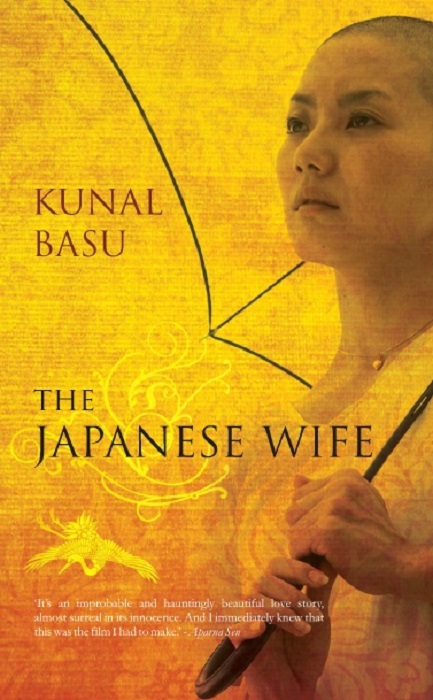
Photo Credit
http://harpercollins.co.in/printBookDetail.asp?Submit=Print&Book_Code=2442
6. Galpaguchchha by Rabindranath Tagore
Eighty-four exceptional short stories, compiled into three volumes, Galpaguchchha is considered to contain some of the finest works by Rabindranath Tagore. With sensational stories like ‘Kabuliwallah,’ ‘Atithi,’ ‘Postmaster,’ and ‘Khudito Pashan’, Tagore delivers to readers the very essence of the lives of people in villages.
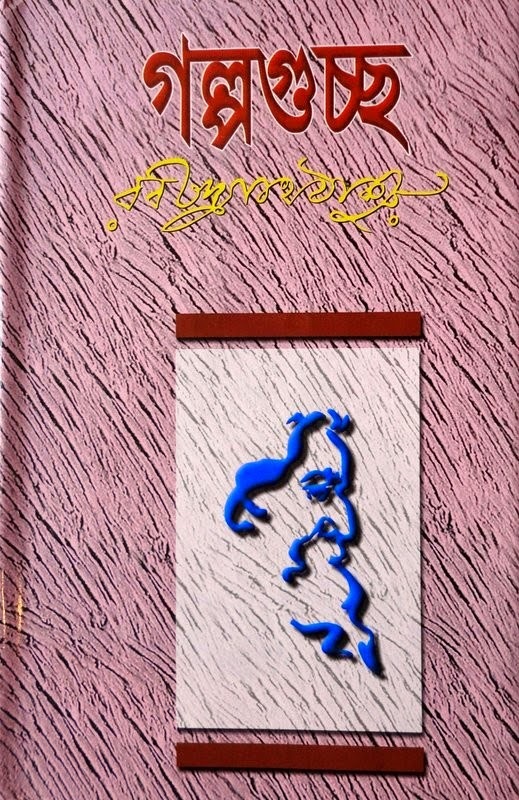
Photo Credit
http://bdbookshop.blogspot.in/2014/06/golpo-guccho-by-rabindranath-tagore-pdf.html
7. Anandamath by Bankim Chandra Chattopadhyay
This famous Bengali novel by Bankim Chandra Chattopadhyay talks about the Sanyasi Rebellion which was a significant part of India’s fight for independence. It was so inspiring for freedom fighters that the British Government decided to prohibit the book from being read. Vande Mataram, India’s national song is included in this book.
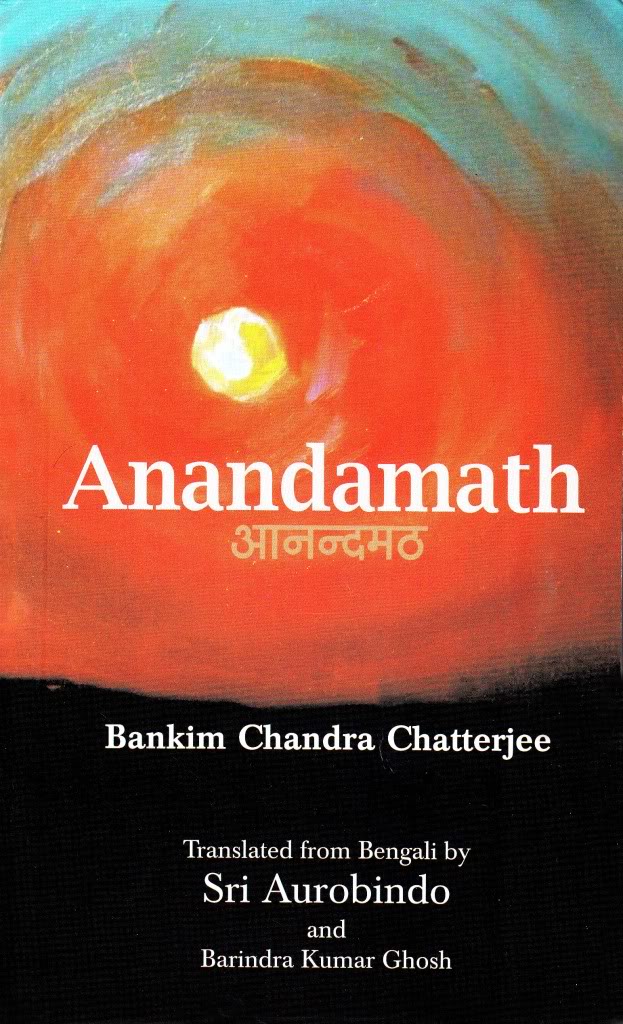
Photo Credit
http://savitrieradevotees.blogspot.in/2012_01_01_archive.html
8. Kadambari by Banabhatta
Kadambari is one of the earliest Sanskrit romantic novels, written by Banabhatta. Though the idea was Banabhatta’s, it was his son, Bhushanabhatta, who ensured its completion. Many believe that this was also the first Indian novel ever written.
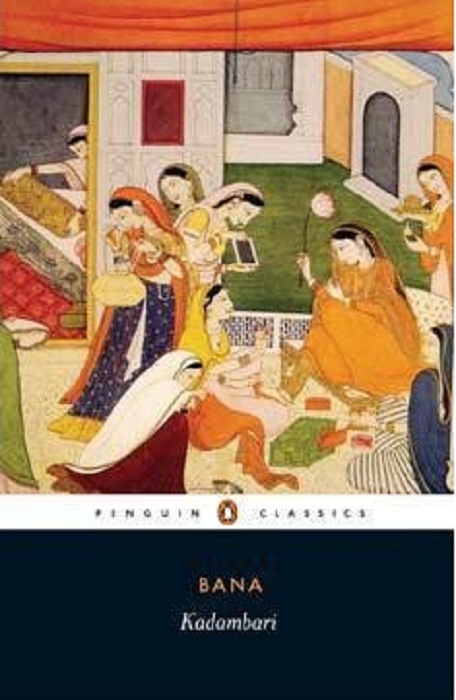
Photo Credit
http://www.goodreads.com/book/show/10509281-kadambari
9. The Room on the Roof by Ruskin Bond
The Room on the Roof is the perfect example of a brilliant debut novel. Written by Ruskin Bond at the impressionable young age of seventeen, this classic literary gem was awarded the John Llewellyn Rhys Memorial Prize. The book, which speaks of a young orphaned Anglo-Indian boy’s constant tiff with his strict custodian, is one of the most popular books by Bond.
These Priceless Thoughts About Orphans Will Make You A Better Human Being For Sure!
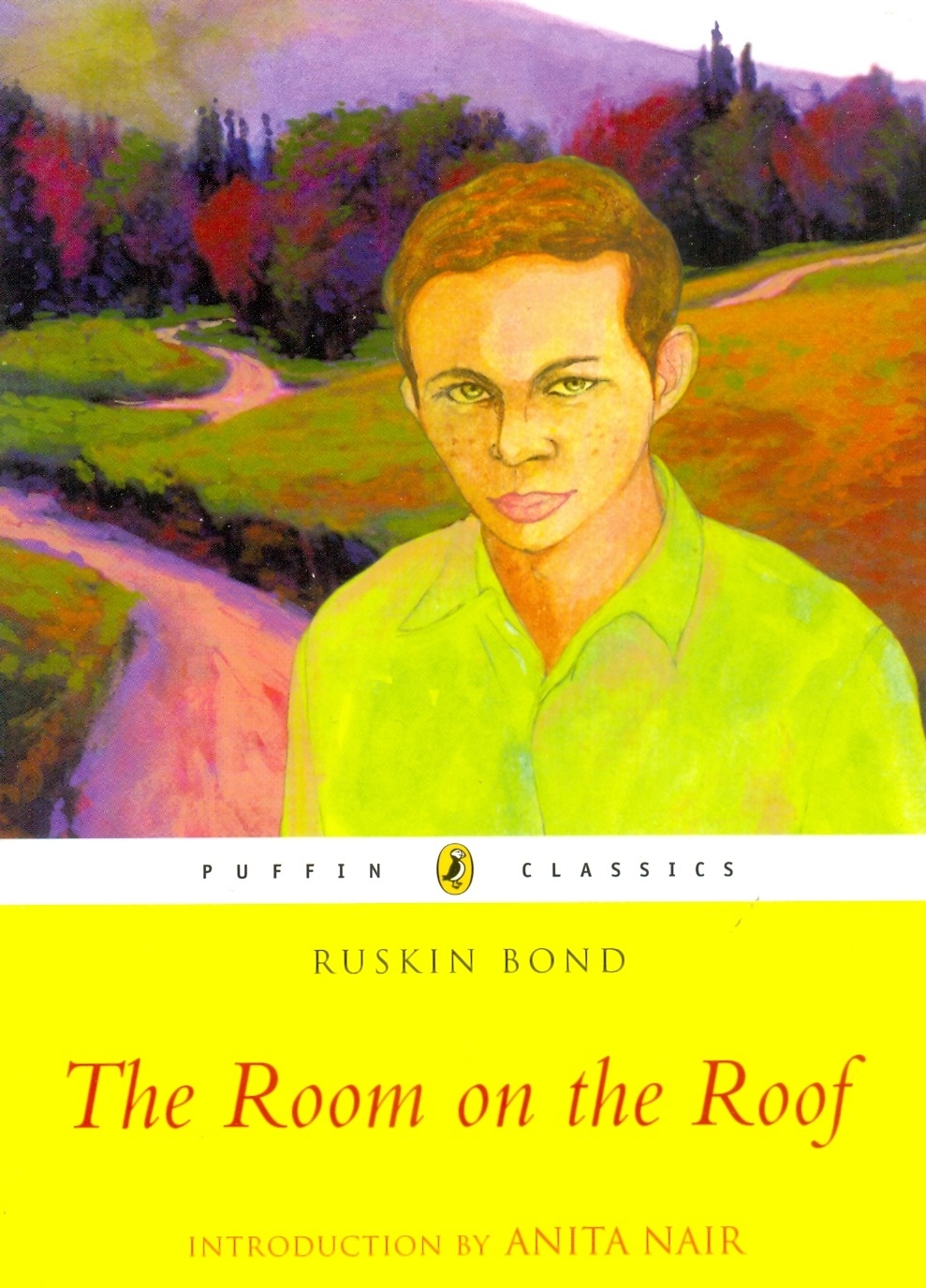
Photo Credit
http://www.penguinbooksindia.com/en/content/room-roof
10. Chander Pahar by Bibhutibhushan Bandopadhyay
One of the most famous adventure novels in Bengali literature, Chander Pahar follows the life of Shankar Roy Chowdhury, a young boy who wants to break free from his doomed life of poverty. Thus, he grabs the first chance he gets to travel to Africa for a job offer there. What is narrated next is all about his adventures in the foreign continent.
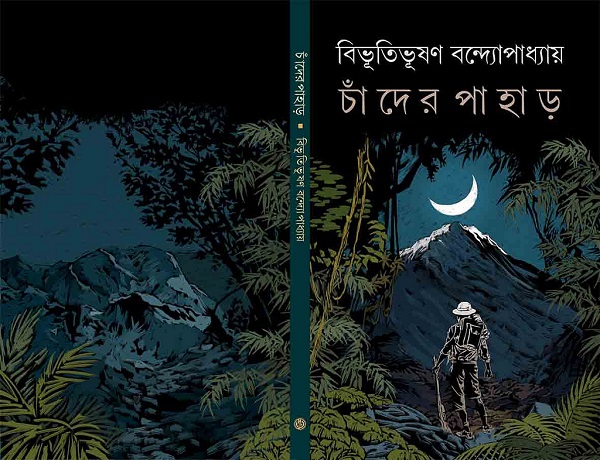
Photo Credit
https://www.flickr.com/photos/81958412@N03/7509094736
11. Hajar Churasir Maa by Mahasweta Devi
This remarkable novel by Mahasweta Devi recounts the story of the mother of a young Naxalite rebel, who was killed, and his body given the number 1084. The narrative in flashback is one of the most lucid in Bengali literature, hence making Hajar Churashir Maa a touching story of a mother dealing with the grief of losing her son.
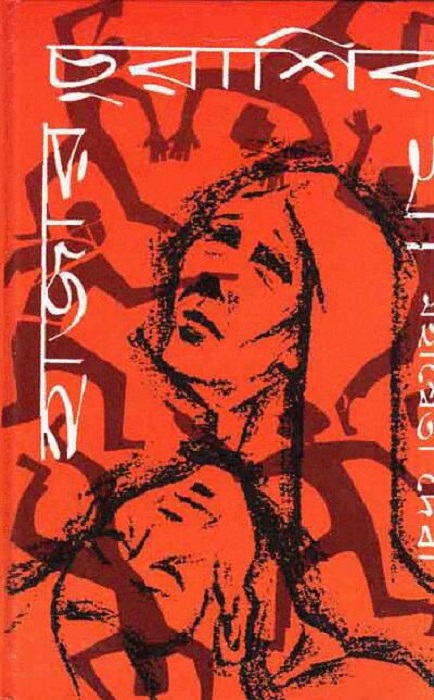
Photo Credit
http://banglaebooksclassics.blogspot.in/2013/04/hazar-churashir-ma-by-mahasweta-devi.html
12. Chokher Bali by Rabindranath Tagore
Famous for writing novels as if they were verse in prose, Rabindranath Tagore’s Chokher Bali, translated as ‘A Grain of Sand,’ is one such gem in Bengali literature. Through this exquisite novel, he depicts complex family ties, superstitions, rituals and customs of people living in Bengal during those times. This novel is a must-read, especially if you are a proud Bengali.
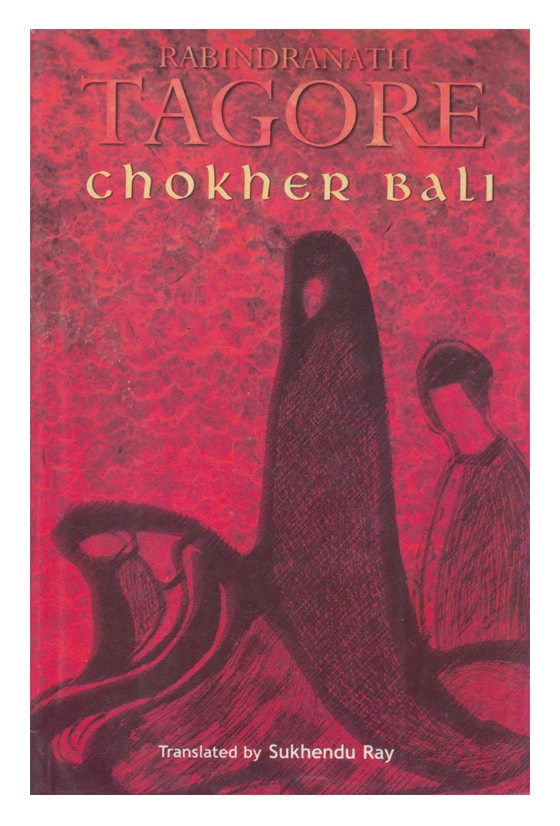
Photo Credit
http://www.flipkart.com/rabindranath-tagore-chokher-bali-1-e-pb-english/p/itme6knqfawmx2cg
13. Godaan by Munshi Premchand
Considered a champion novel in the history of Hindi literature, Godaan by Munshi Premchand, revolves around the themes of caste discrimination, exploitation of women and the poor in general, and marriage.
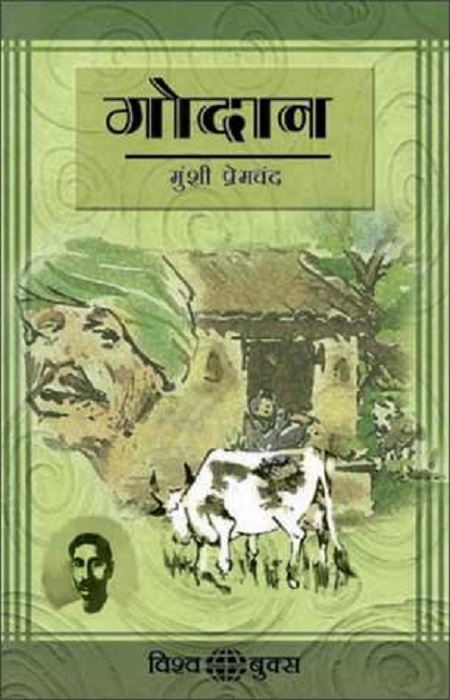
Photo Credit
http://www.goodreads.com/book/show/694226._
14. Tamas by Bhisham Sahni
Political struggle, freedom, riots—Tamas by Bhisham Sahni has it all. And what makes this novel so identifiable is the fact that the story is not all black and white. Very few novels have touched upon the subject of communal barabarity to this extent, and with such skill.
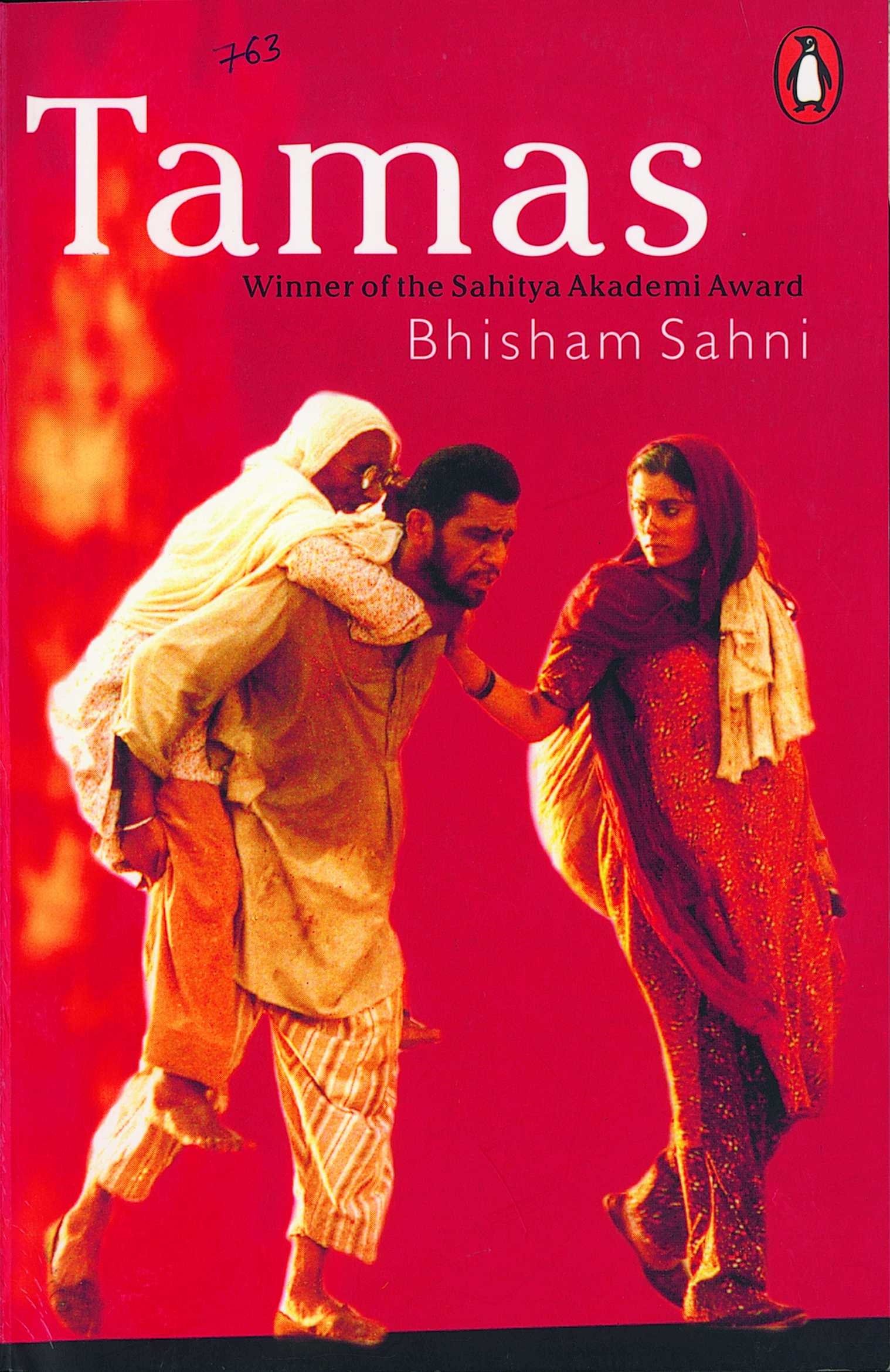
Photo Credit
http://www.penguinbooksindia.com/en/content/tamas
15. Miri Jiyori by Rajanikanta Bordoloi
The earliest Assamese novel ever written, Miri jiyori, an uncomplicated story about love, depicts the rituals and customs of the Mising race in the state. Rajanikanta Bordoloi does justice to the genre of romance by sketching a couple madly in love yet going through unfortunate circumstances.
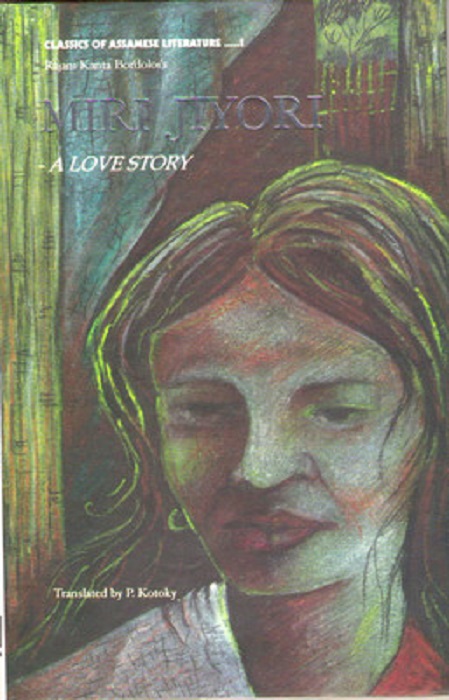
Photo Credit
http://www.flipkart.com/rajanikanta-bordoloi-s-miri-jiyori-love-story-classics-assamese-literature-english/p/itmdyvfgfhrpyw6u
16. Skin Deep by Nergis Dalal
This novel explores the topic of sibling-rivalry, especially when one is more popular than the other. Following the lives of two sisters, Naaz and Yasmin, Skin Deep is a book that has to be read, because it teaches us the disadvantages of comparisons and developing the sense of inferiority. Instead, focusing on our strengths is the mantra to one’s peace of mind.
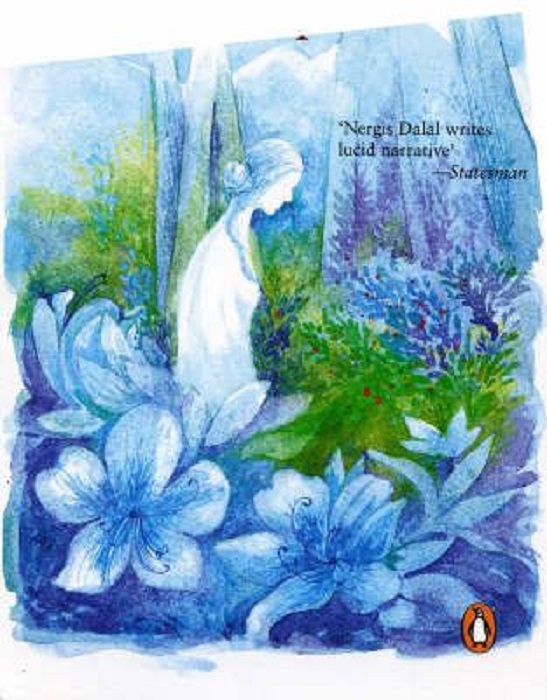
Photo Credit
http://books.rediff.com/book/skin-deep/9780144000326
17. Devdas by Sarat Chandra Chattopadhyay
Published in 1917, Devdas is a one-of-a-kind romance novel written by Sarat Chandra Chattopadhyay. This love-triangle between a simple village maiden Paro, her childhood friend Devdas, and a courtesan Chandramukhi, is an immortal one that has been adapted for the big screen on several occasions.
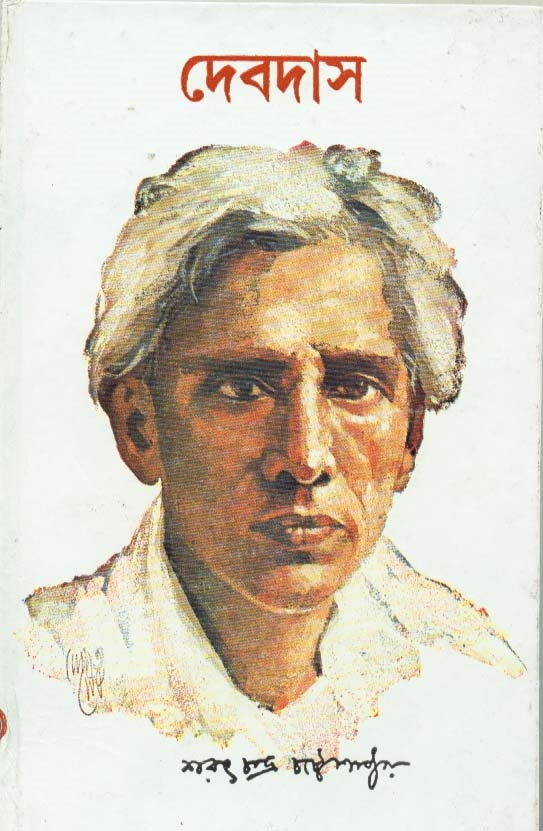
Photo Credit
http://deyspublishing.com/currentbestseller.php?currentpage=154
18. Chha Mana Atha Guntha by Fakir Mohan Senapat
Penned by the ‘Father of Modern Oriya Literature,’ Fakir Mohan Senapat, this novel discovers the fate of landless farmers as they are taken advantage of by a zamindar. Chha Mana Atha Guntha became so popular as a document of the living conditions of such peasants during the British rule, that it was translated into English, as Six Acres and a Third.
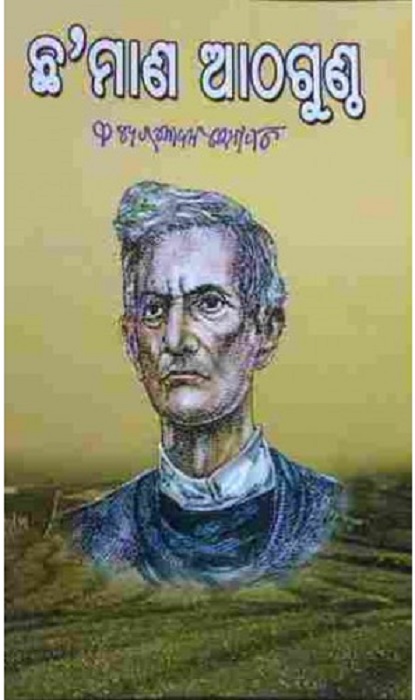
Photo Credit
http://www.odishaestore.com/Cha-Mana-Atha-Guntha
19. Sharapanjara by Anasuya Shankar
More popular by her pseudonym, Thriveni, Shankar delivers a fine work of literature with her book, Sharapanjara. Dealing with societal concerns like the unconditional acceptance of a person afflicted with mental disorder, gender bias, and infidelity, this is one of the most famous Kannada novels ever written.
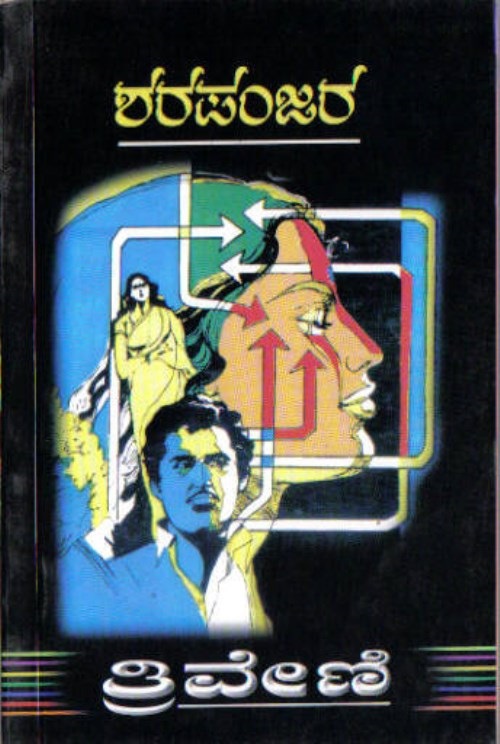
Photo Credit
http://totalkannada.com/-books-novels-triveni
20. India After Gandhi by Ramachandra Guha
India after Gandhi: The History of the World’s Largest Democracy narrates the history of our country post-independence. It talks about the political state of affairs and the transformation of the Indian society after gaining freedom from the British rule. The book, which won the Sahitya Akademi Award in 2011, became so popular in the non-fiction genre that it was transcribed into Hindi in two books, Bharat Nehru Ke Baad and Bharat Gandhi Ke Baad.
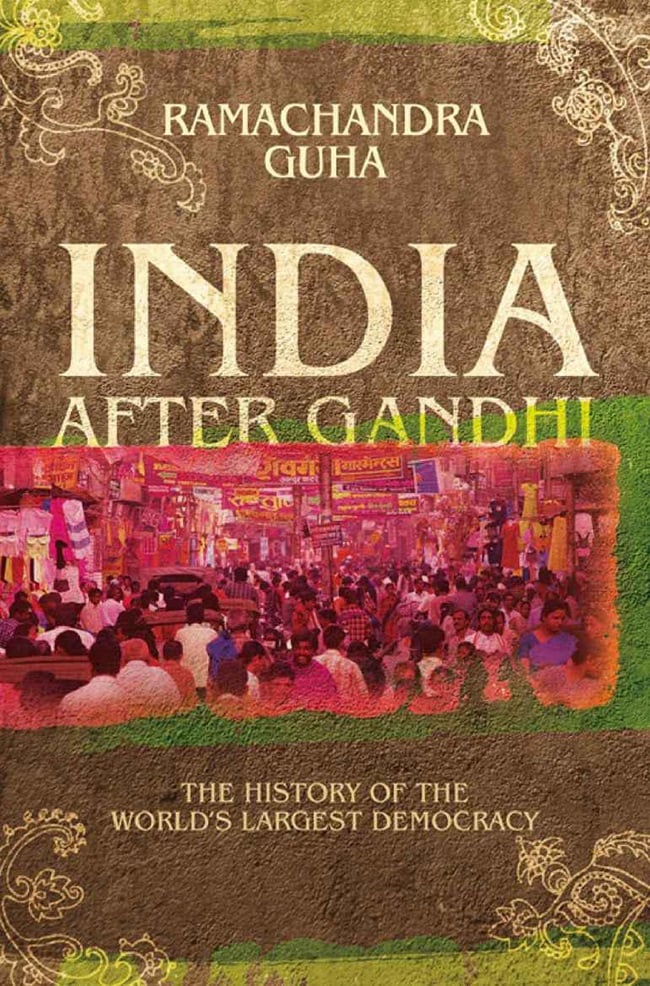
Photo Credit
http://theviewspaper.net/reading-india-after-gandhi-by-ramachandra-guha-a-review/
21. The Discovery of India by Jawaharlal Nehru
This book was penned by Pandit Jawaharlal Nehru while he was serving time in prison during India’s struggle for freedom. It is exemplary as an account of India’s history and the patriotic fervor shown by the nation’s people. For non-fiction lovers, reading this book is an absolute pleasure.
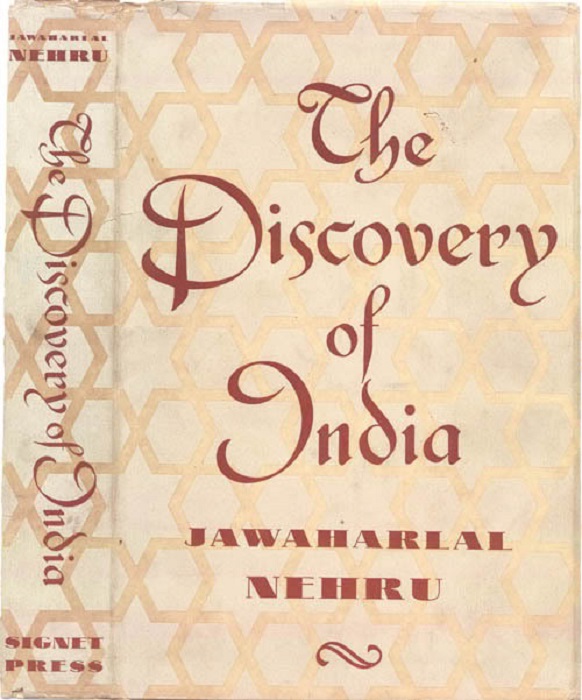
Photo Credit
http://www.fhiredekha.com/forum/index.php?topic=116.0
22. The Blue Umbrella by Ruskin Bond
Another precious novel written by Ruskin Bond, this book recounts the story of Binya and her new blue umbrella, and how the object becomes the cause of a shopkeeper, Ram Bharosa’s downfall. The Blue Umbrella, which reminds us of the despair brought about by envy, and the joy that lies in giving, is a favorite amongst children.
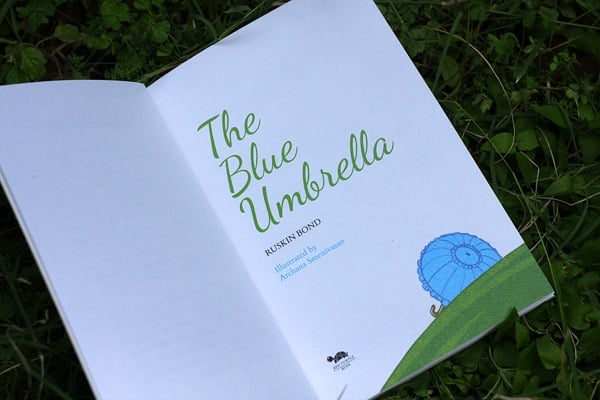
Photo Credit
https://www.behance.net/gallery/8014113/Blue-Umbrella-Illustrated-Storybook
23. The Argumentative Indian by Amartya Sen
This compilation of several essays authored by Nobel Prize winner, Amartya Sen, deals with Indian politics, seen from a historical point of view, and contemporary answers to the problems of peace and equality.
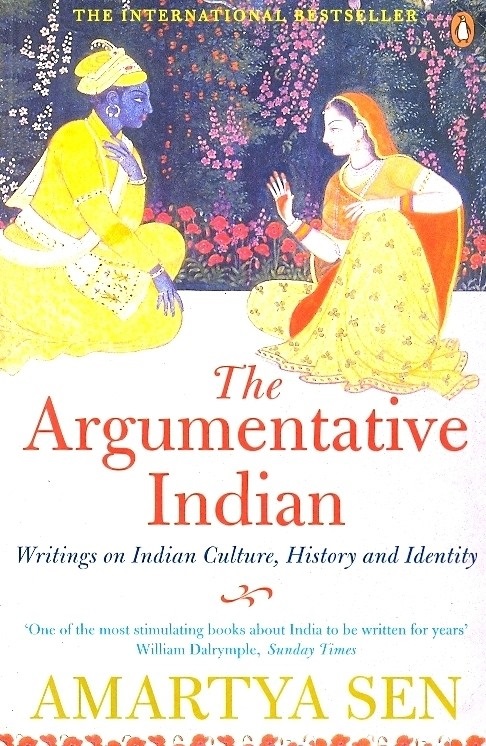
Photo Credit
http://www.flipkart.com/argumentative-indian-writings-indian-history-culture-identity-english/p/itmefrkhyj7qyzzp
24. Ravan and Eddie by Kiran Nagarkar
This tale, infused with warm humor, is about an unusual friendship between Ravan, a Hindu, and Eddie, a Catholic. Both companions live in a chawl in Mumbai, and this compelling narrative about their intertwined lives makes Ravan and Eddie not just one of the ten most popular books about Mumbai, but also a book to cherish for a long time.
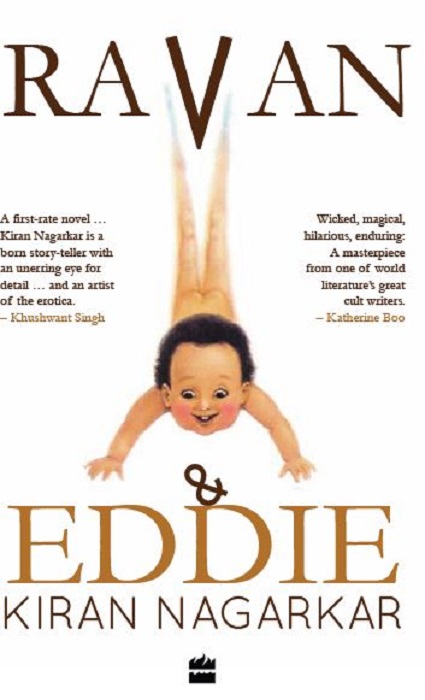
Photo Credit
http://harpercollins.co.in/printBookDetail.asp?Submit=Print&Book_Code=3236
25. The Great Indian Novel by Shashi Tharoor
This satire is an interesting novel written by Shashi Tharoor, which recreates scenes from the Mahabharata mixing up characters from the history of Indian independence with those from the famous epic, with the freedom struggle as the backdrop of the entire story. Instead of delineating the actual rift between the Pandavas and the Kauravas from the Mahabharata, The Great Indian Novel depicts the political and personal differences between the two most popular patriotic leaders, Mahatma Gandhi and Jawaharlal Nehru.
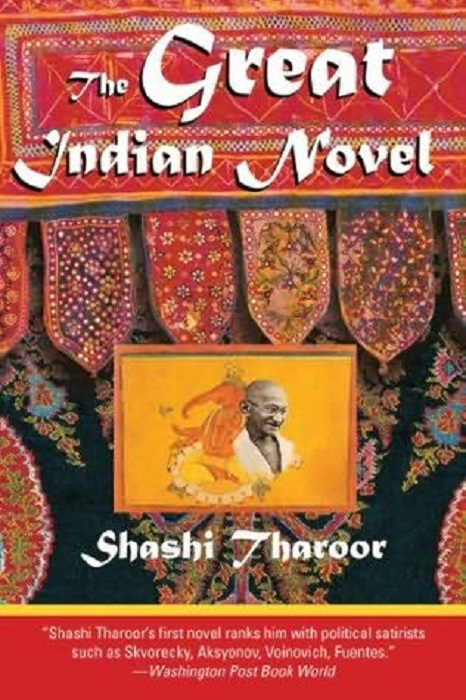
Photo Credit
http://www.bookchums.com/blog-detail/about-bookchums/top-5-fiction-books-of-2013/ODQ3.html
26. Chitta Lahu by Nanak Singh
Chitta Lahu was written by celebrated writer, Nanak Singh around 1932. This novel is one of the finest examples of Punjabi literature, and was translated by Natasha, granddaughter of the famous Leo Tolstoy, into Russian.
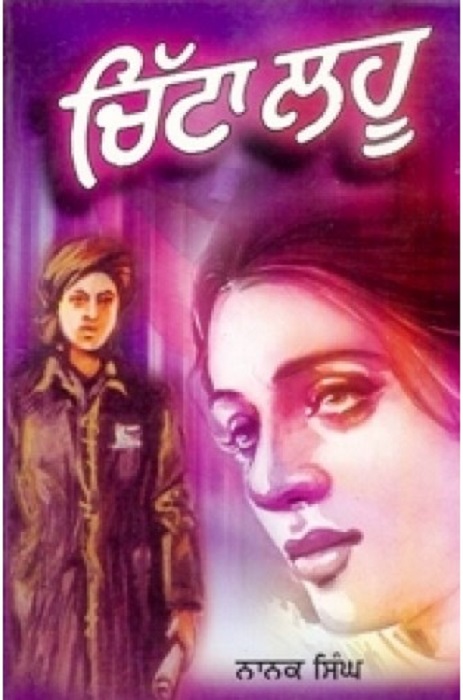
Photo Credit
http://jsks.biz/Chitta-Lahu-nanak-singh
27. Untouchable by Mulk Raj Anand
Published in 1935, Untouchable is considered as one of the best works of literature produced by Mulk Raj Anand. He was motivated to write this tale about the evils of India’s caste system, after hearing a true story about his aunt who was ostracized for having shared food with a Muslim lady.
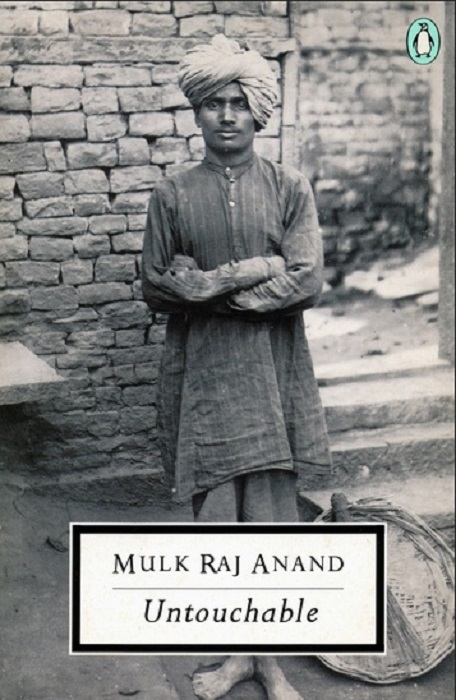
Photo Credit
https://www.wikiwand.com/en/Untouchable_(novel)
28. Curfewed Night by Basharat Peer
This non-fictional masterpiece talks about his life in terror-ridden Kashmir as it was in the 1990s. He draws a heart-wrenching image of his childhood, when along with his family he was left homeless, and when they finally returned, his house had turned into a pile of debris. The book also includes interviews that Peer has taken in his later life, as a journalist, documenting the atrocities of radical organizations like the Lashkar-e-Taiba and the armies of both India and Pakistan. What makes this book special is that other than being an honest account of Kashmir in political turmoil, it ends in the hope that one day the people of state will be free.
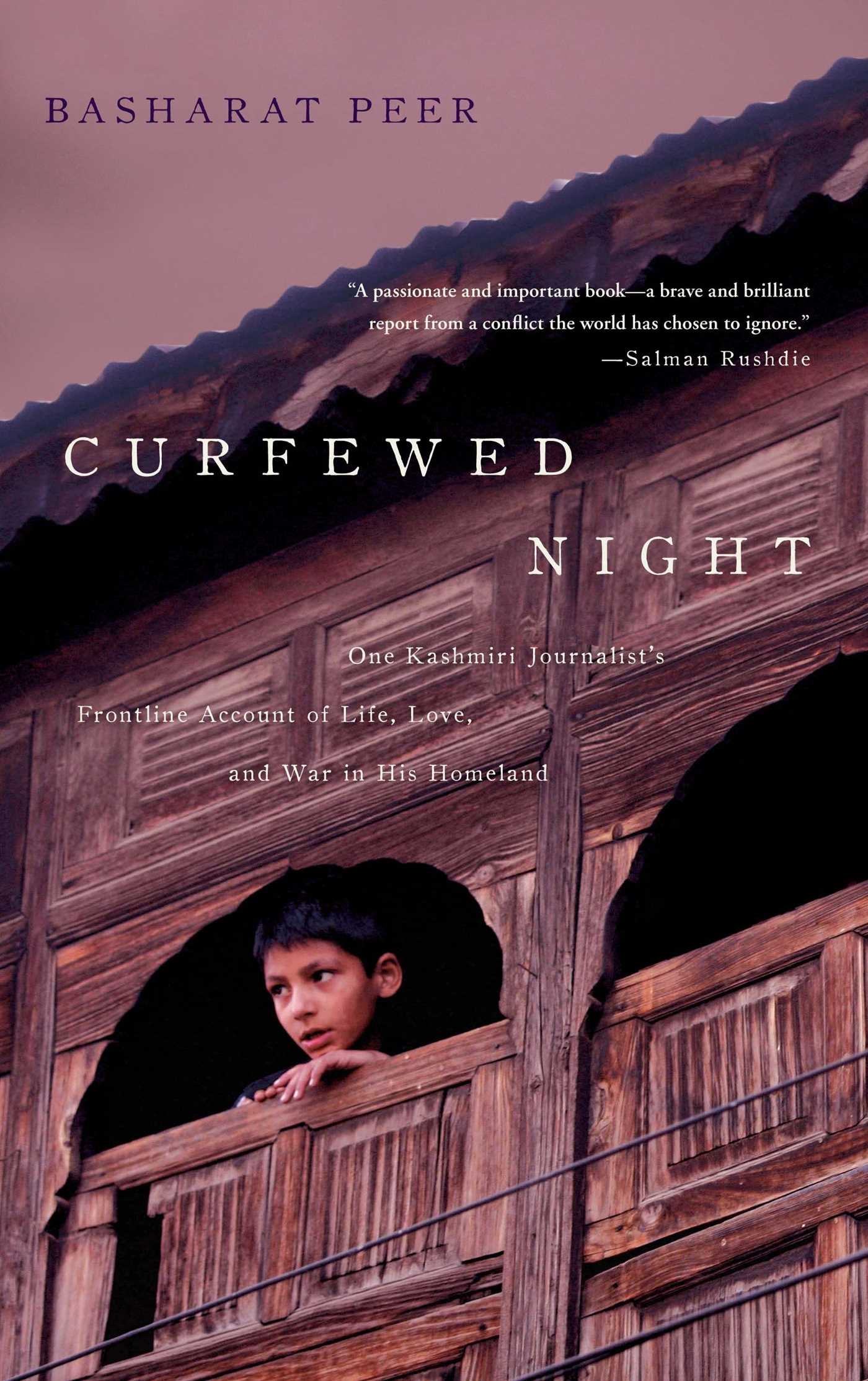
Photo Credit
http://books.simonandschuster.com/Curfewed-Night/Basharat-Peer/9781439109113
29. Em and the Big Hoom by Jerry Pinto
Jerry Pinto shows his skill as a writer in this hilarious book that is abundant in witty conversations. Em and the Big Hoom is about a lady who’s suffering from a psychiatric disorder, telling her children all that she remembers about her past. This book is a must-read, not just for its humorous take on a serious issue as mental disorder, but also because it is an authentic account of people of Konkani-Portuguese descent.
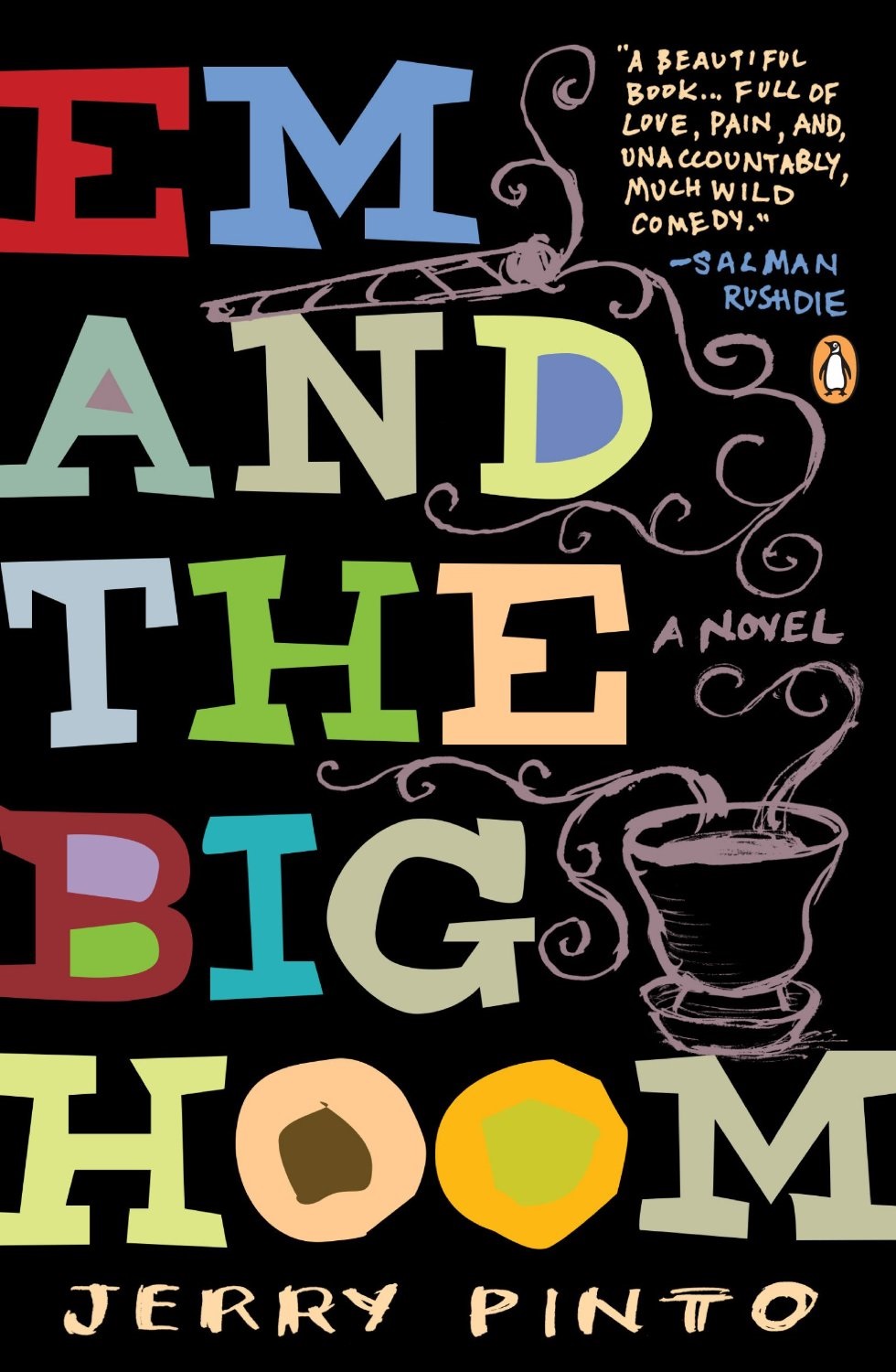
Photo Credit
http://blog1.bookstore.washington.edu/2014/06/
30. Our Films, Their Films by Satyajit Ray
This book by the renowned director, Satyajit Ray, contains his literary works on films, including criticisms of both Indian and Hollywood Cinema. Our Films, Their Films gained popularity not just in India, but also in the United Kingdom and the United States. This is an outstanding work of critical appreciation of the films made by greats like Kurosawa and Chaplin.
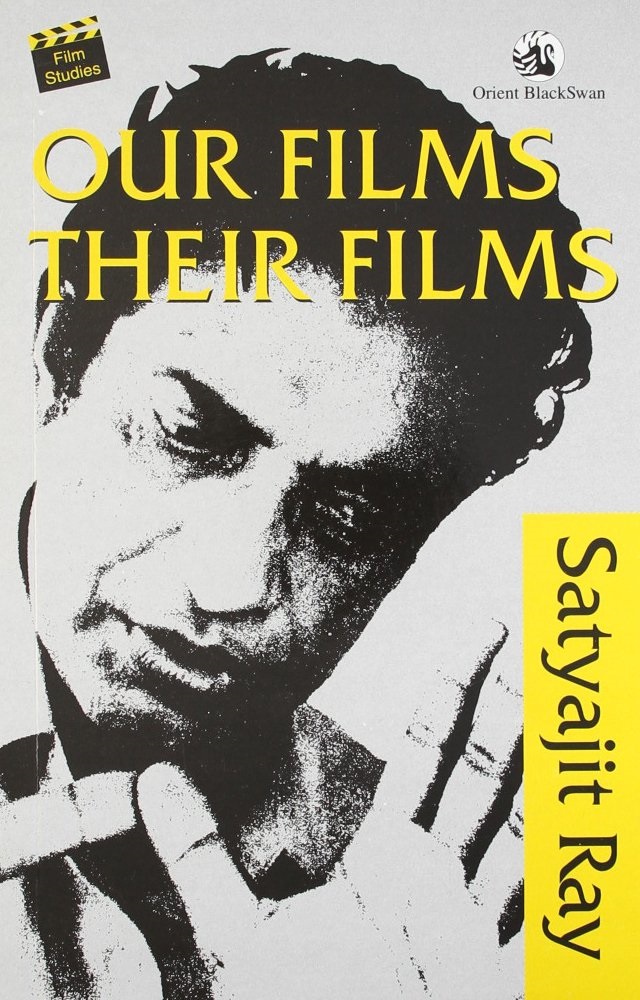
Photo Credit
http://www.amazon.in/Satyajit-Ray/e/B001HPXLQC
31. Pinjar by Amrita Preetam
Another famous Punjabi novel, written by Amrita Pritam, Pinjar set against the backdrop of the India-Pakistan backdrop, is about the turmoil a Hindu girl goes through when she is not accepted by her own parents after she escapes the clutches of her kidnapper, a Muslim man named Rashid. Left with no choice, she returns to Rashid’s house.
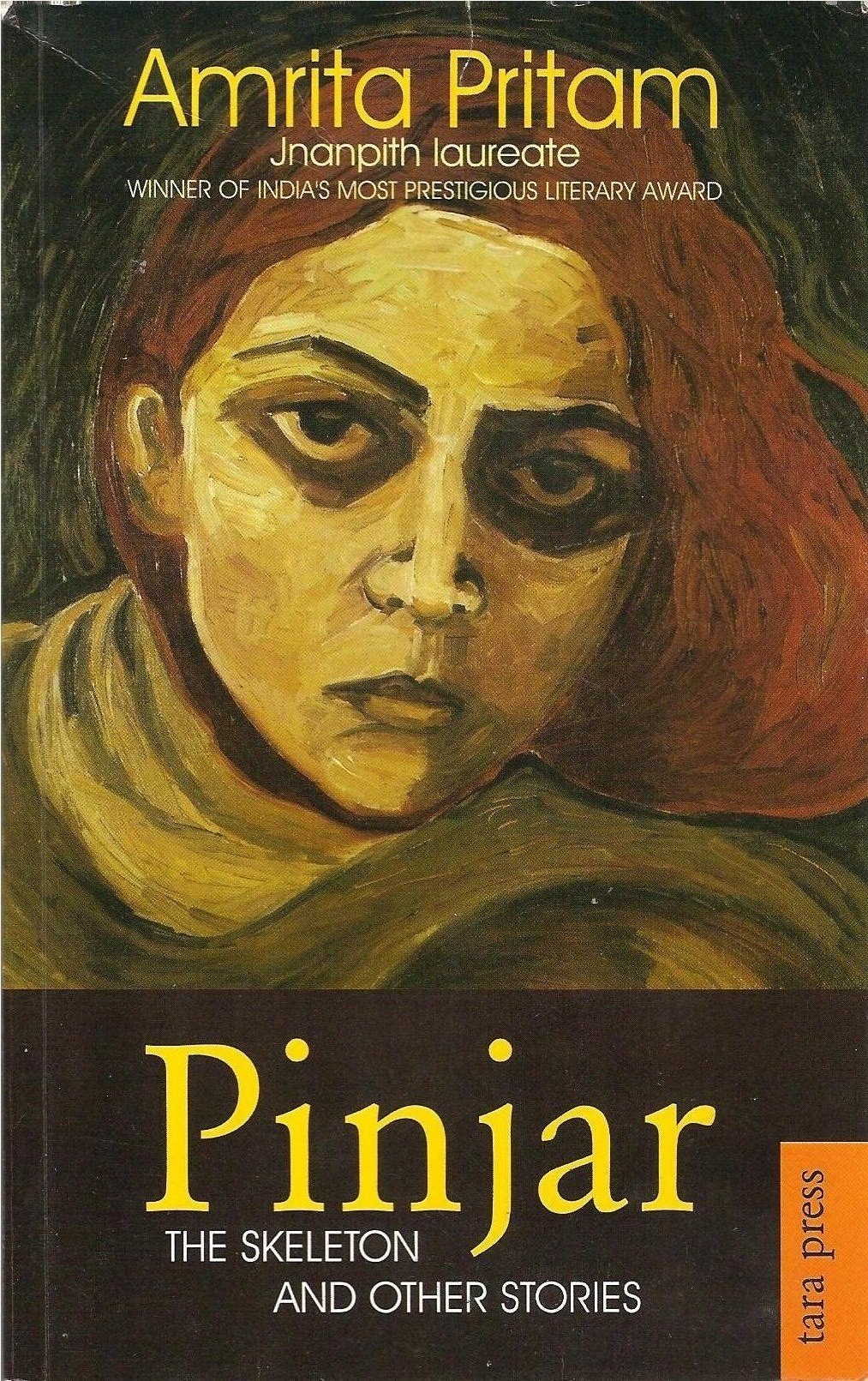
Photo Credit
http://www.amazon.com/Pinjar-The-Skeleton-Other-Stories/dp/8183860974
32. Raag Darbari by Sri Lal Shukla
This famous Sahitaya Akademi Award winning Hindi novel is a brilliant example of a social satire. The novel is concerned with the degeneration of human values after India gained her independence.
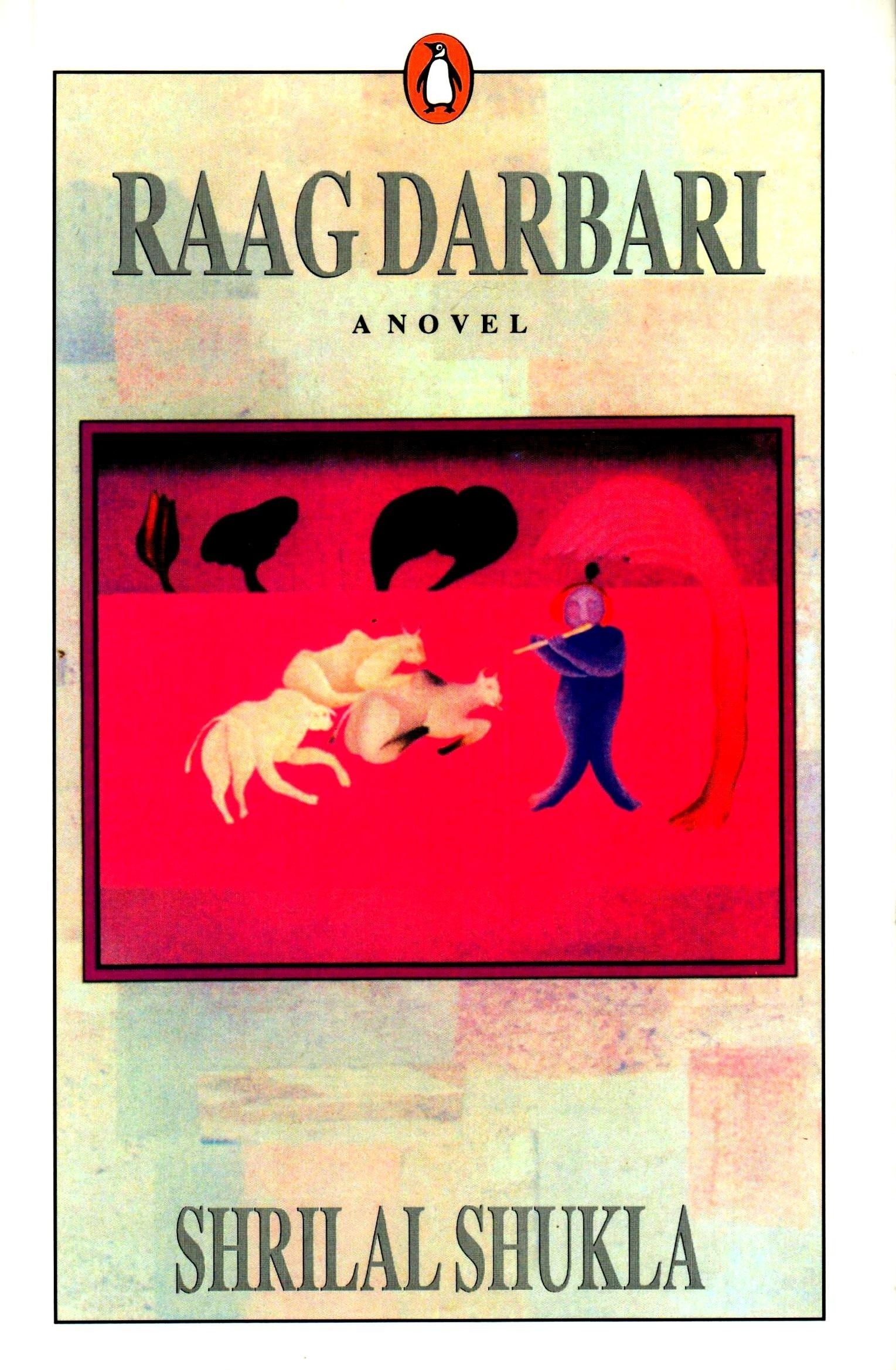
Photo Credit
http://www.flipkart.com/raag-darbari-novel-english/p/itmczyrf8tycapma
33. Umrao Jaan Ada by Mirza Hadi Ruswa
This famous Urdu novel paints a picture of the hardships and heartbreaks that courtesans in the city of Lucknow had to deal with. The story is narrated by the protagonist of the same name as the title. The book, published in 1899, has been adapted into Hindi movies.
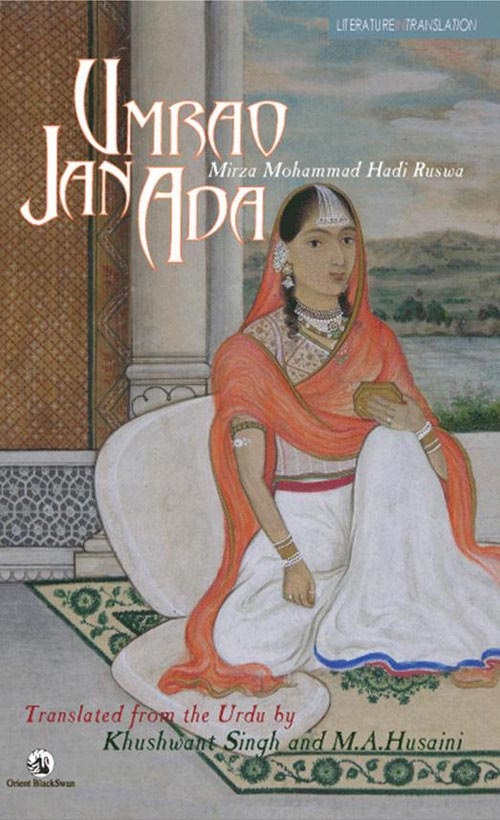
Photo Credit
http://www.orientblackswan.com/display.asp?isbn=978-81-250-3750-7
34. Gitanjali by Rabindranath Tagore
This legendary book by Rabindranath Tagore is a collection of songs and poetry penned by the Nobel Laureate from Bengal. The original book in Bengali comprises of 157 compositions, while the English translation by the poet himself contains 103 verses.
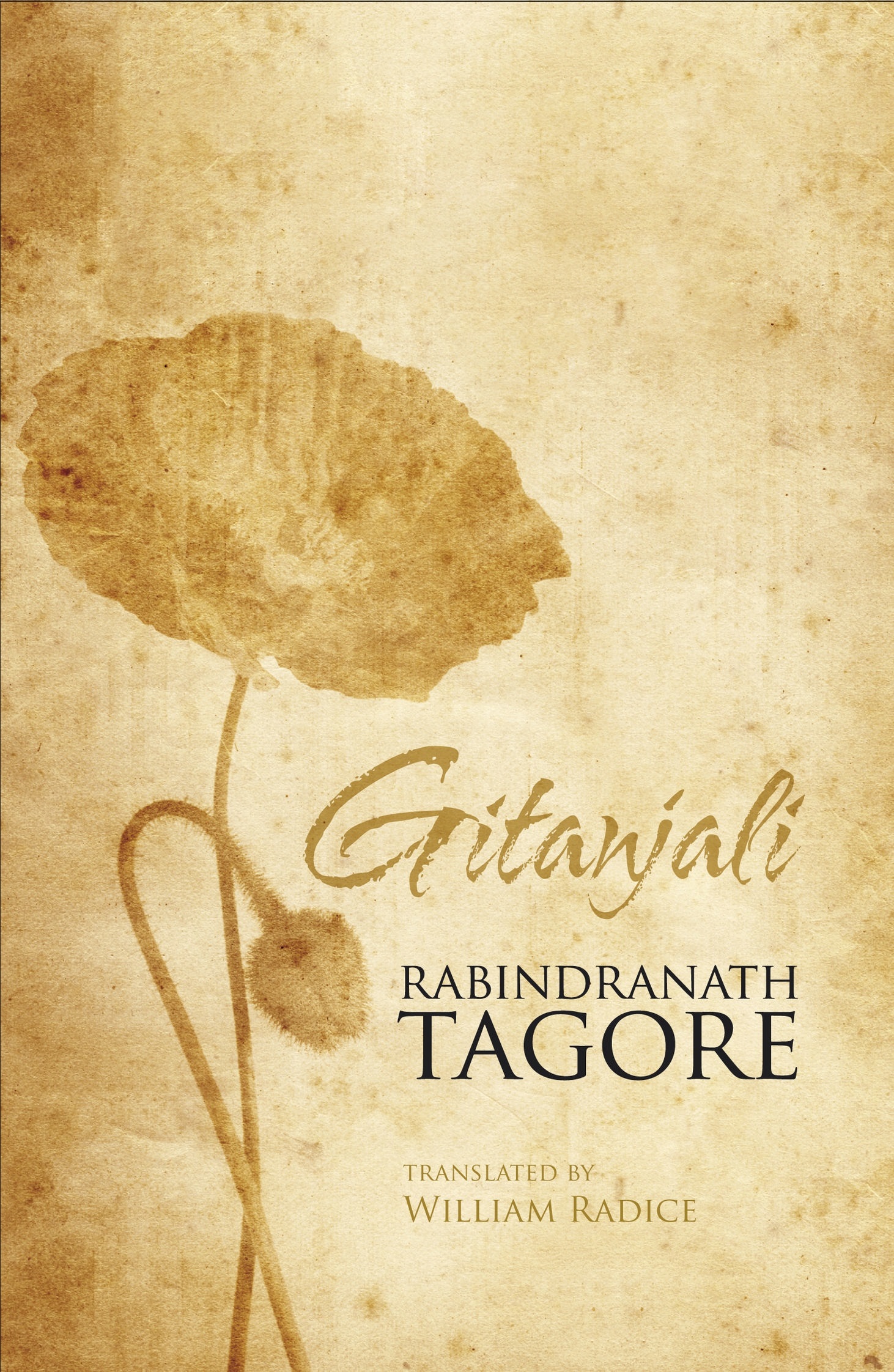
Photo Credit
http://www.tophdgallery.com/gitanjali-by-rabindranath-tagore-summary.html
35. Panchatantra
These stories, which personify animals and teach us some of life’s most important lessons, have been a particular hit with children for ages. The Panchatantra, composed in Sanskrit, and translated later into several languages including English, is a book you have to read if you want to relive your childhood.
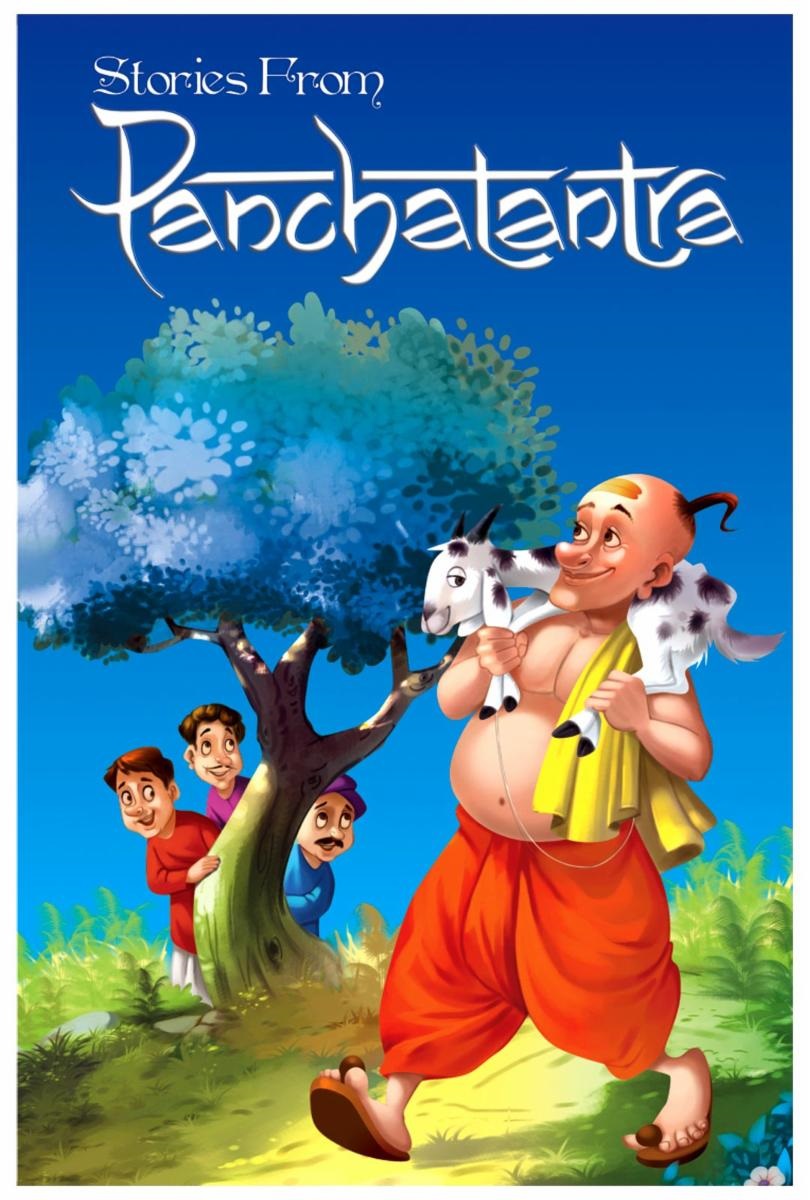
Photo Credit
http://www.babyoye.com/h/Stories,-Rhymes-&-Tales/Story-Books/Future-Books-Stories-From-Panchatantra/p_BP10016969
36. Byomkesh Samagra by Saradindu Bandopadhyay
The Sherlock Holmes of Bengali literature, Byomkesh Bakshi, created by Saradindu Bandopadhyay, is a detective who will stop at nothing till he finds the truth. Intelligent, witty and excessively charming, this sleuth has been immortalized in Indian cinema by actors like Uttam Kumar in the past, and more recently Abir Chatterjee and Sushant Singh Rajput. The top picks from all the stories? Sajarur Kanta, Satyanweshi, and Chiriakhana are personal favorites.
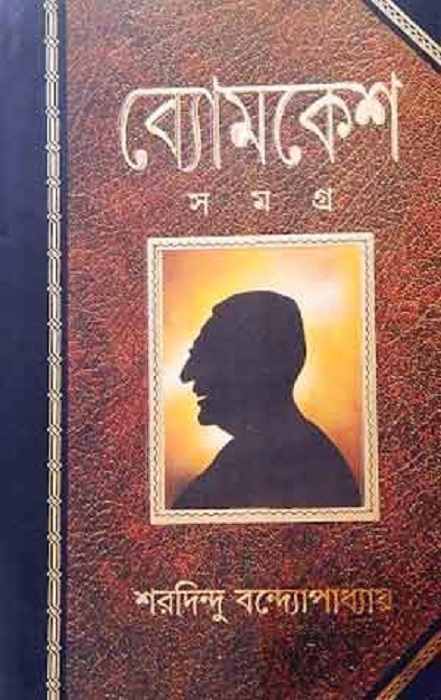
Photo Credit
https://bengalifreebook.wordpress.com/2014/04/page/3/
37. Feluda Samagra by Satyajit Ray
The character of detective Prodosh Chandra Mitra, popularly known as Feluda, is one of the most brilliant creations by filmmaker and writer, Satyajit Ray. Written in Bengali, these books are compilations of several detective stories, so engaging that you wouldn’t want to put the book down. Having been adapted for numerous movies, some of the best episodes are ‘Joy Baba Felunath’, ‘Sonar Kella’, and ‘Royal Bengal Rahasya’.
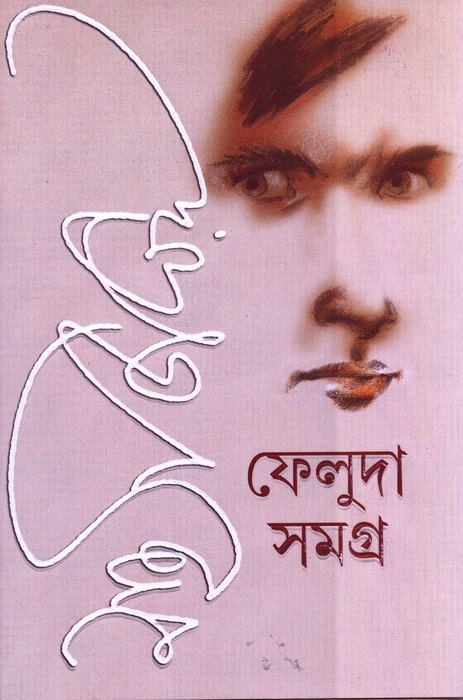
Photo Credit
http://banglaebooksclassics.blogspot.in/2013/04/feluda-samagra-part-3-and-part-4-by.html
38. Jataka Tales
This is a collection of fables written during the 4th century B.C., which recount incidents related to previous incarnations of the Buddha. These tales form a major part of early Buddhist literary works, and are quite engrossing, especially if you love history.
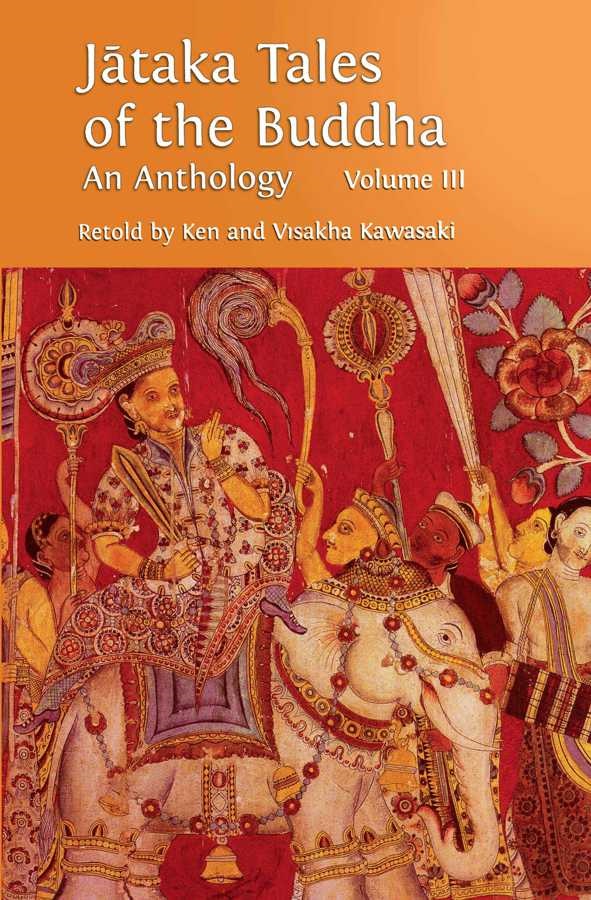
Photo Credit
http://www.brelief.org/jataka/Books/Jataka-bcc.html
39. Chandrakanta by Devaki Nandan Khatri
Authored by Devaki Nandan Khatri, Chandrakanta, written in Hindi, is a well-known novel that celebrates love between two people from a period in history. The book became so widely-read that it was televised into a show of the same name.
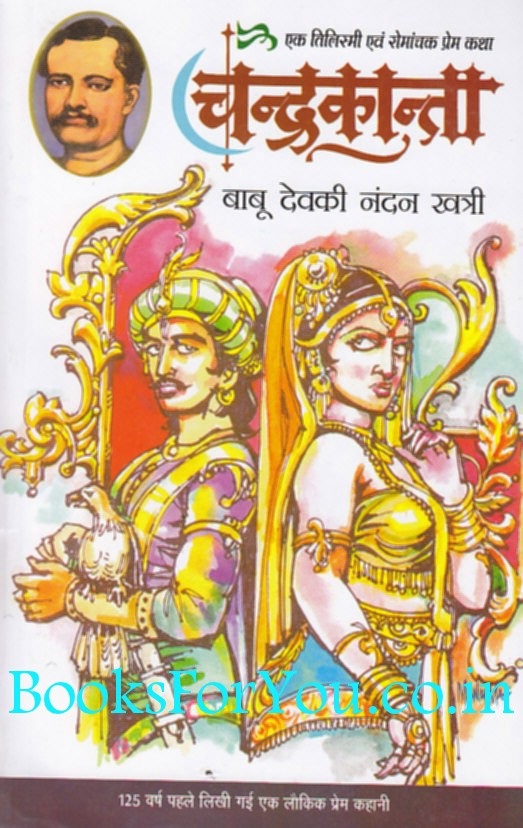
Photo Credit
http://www.booksforyou.co.in/newbook/Books/Chandrakanta
40. Wings of Fire by A.P.J. Abdul Kalam
Wings of Fire is an autobiography written by former President of India, A.P.J. Abdul Kalam. He talks about his childhood, his struggle against all obstacles in life, and of the time lady luck favored him when he was absorbed into the Hindustan Aeronautics Limited as a space research engineer. From then on, there was no looking back for this great man. This book is a brilliant account of the scientist’s life, and has been translated into French and Chinese, other than 13 Indian regional languages.
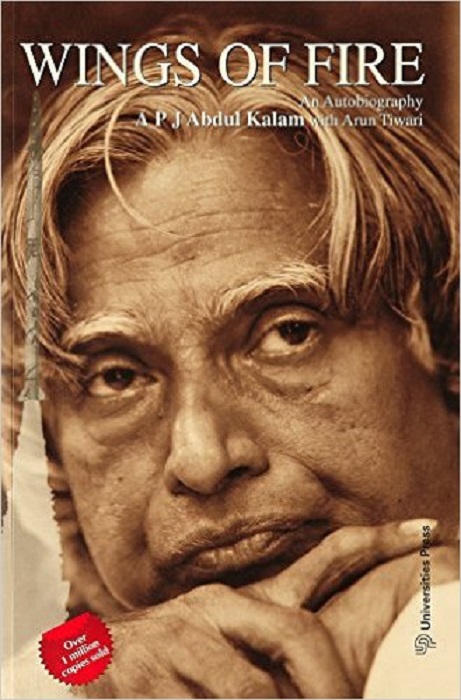
Photo Credit
http://www.amazon.in/Wings-Fire-A-P-J-Abdul-Kalam/dp/8173711461


